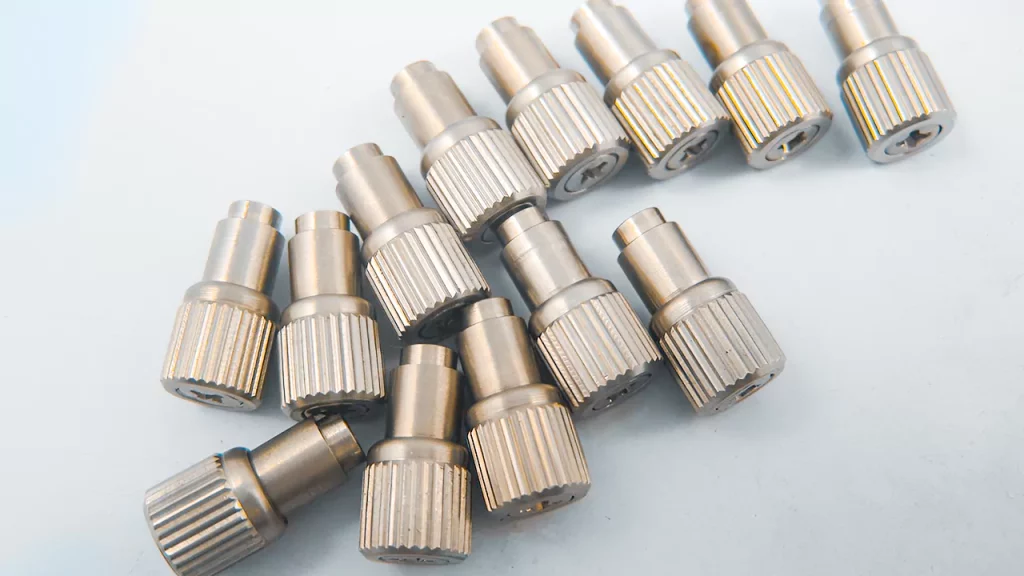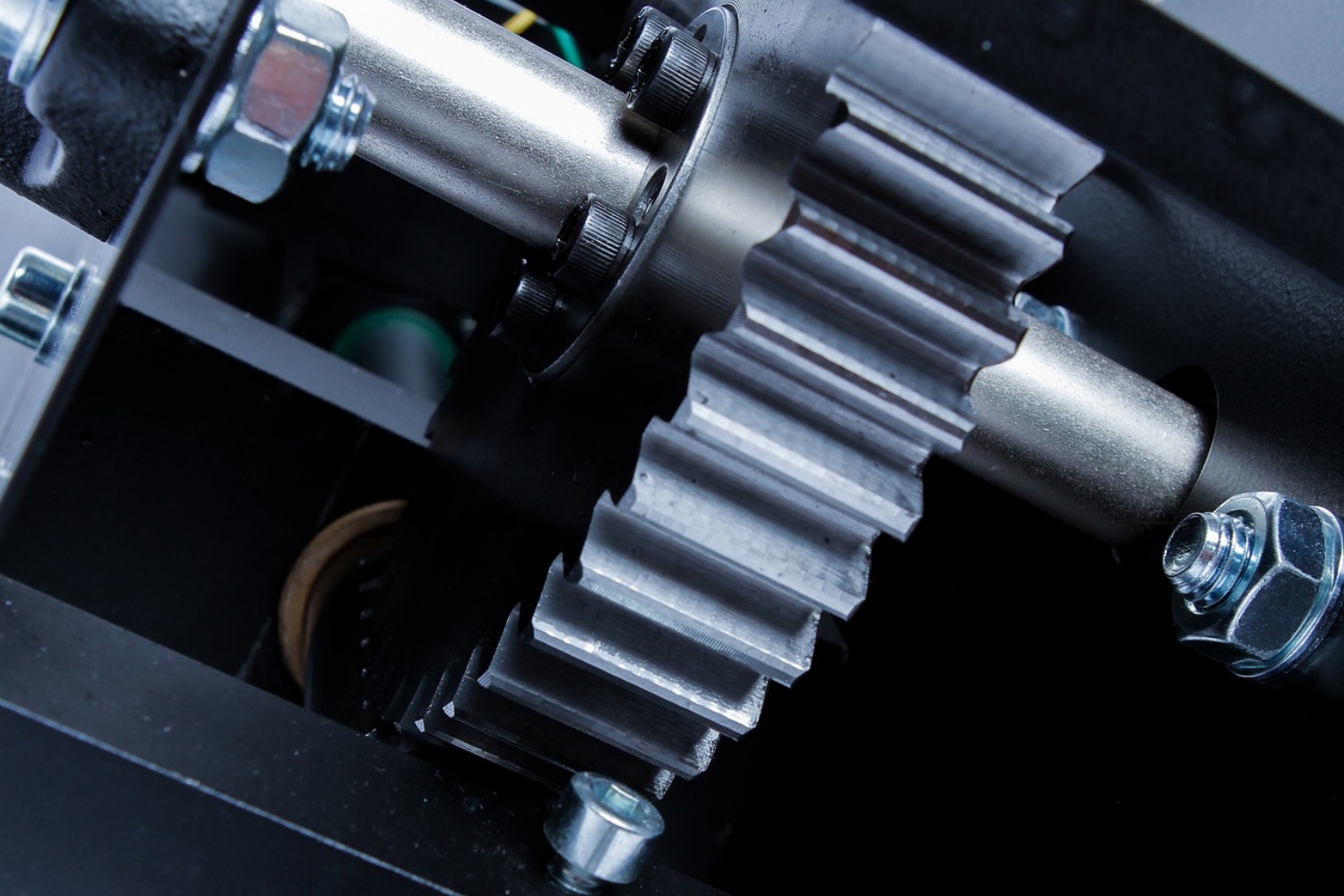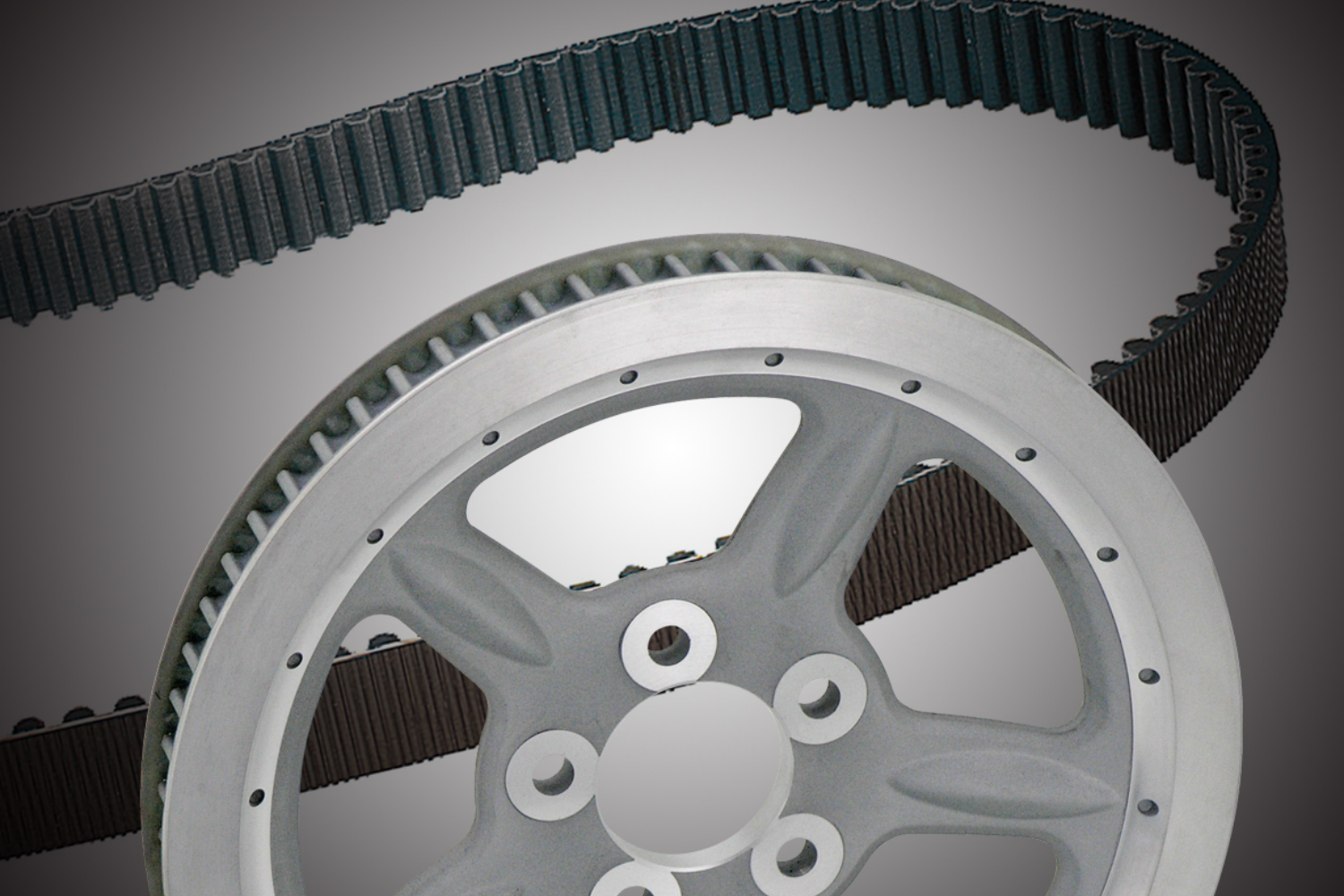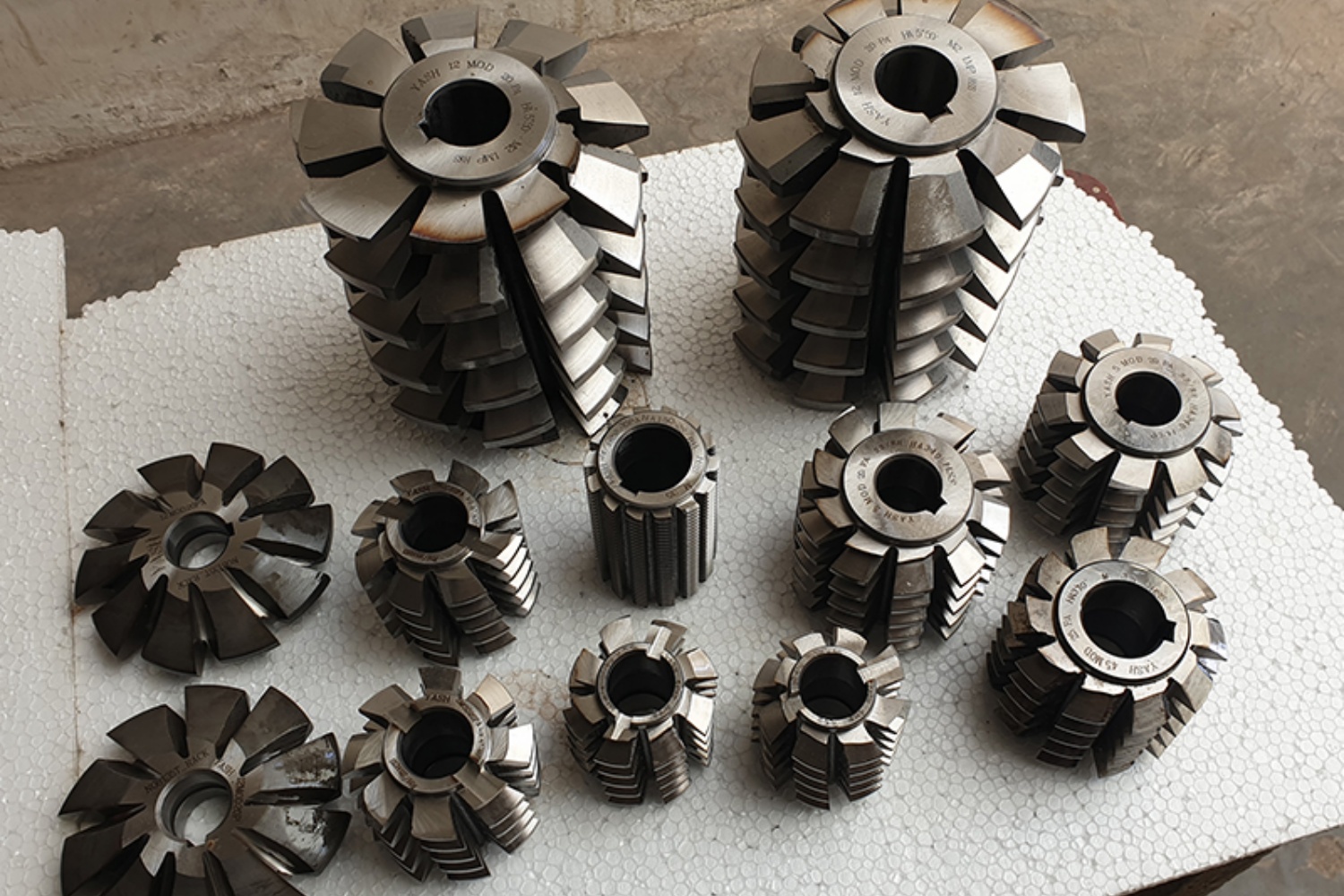Machining is a precision manufacturing process that involves removing material to create a desired part or component. The success of the machining process is dependent on many factors, including material selection.
Material Properties
The properties of the material being machined have a significant impact on the process and the resulting part. Properties such as hardness, tensile strength, yield strength, and ductility influence how the material reacts to cutting forces and tool wear. Understanding these properties is crucial for selecting the appropriate material for the desired application.
Machinability
Not all materials are easy to machine. Some materials are more difficult to cut and finish than others due to their physical properties and characteristics. The machinability of a material refers to its ease of being machined into a desired shape and surface finish. It is important to consider the machinability of the material when selecting it for a particular application.
Tool Materials
The type of tool material used in the machining process can affect the efficiency and accuracy of the operation. Tool materials with high hardness and wear resistance are typically preferred for machining difficult-to-cut materials. However, selecting the right tool material is also important to ensure cost-effective manufacturing and reduce tool wear during the machining process.
Surface Finish
The desired surface finish of the machined part can influence the material selection. Some materials may be easier to machine into a smoother finish, while others may require additional processing steps to achieve the desired surface quality. It is important to consider the desired surface finish and select a material that can be easily machined to that specification.
Machining Time and Cost
The material selection can affect both the machining time and overall cost of the manufacturing process. Difficult-to-machine materials may require more time and expensive tooling to achieve the desired part geometry and surface finish. Conversely, materials that are easy to machine may result in faster cycle times and lower manufacturing costs.
Corrosion Resistance
In many applications, the machined part may be exposed to corrosive environments that can affect its performance and durability. Selecting a material with good corrosion resistance can help protect the part from premature failure due to corrosion. It is important to consider the likely operating environment of the part and choose a suitable material accordingly.
Availability and Cost
The availability and cost of the selected material can also influence the overall manufacturing cost and timeframe. Materials that are widely available and relatively inexpensive may result in lower overall manufacturing costs. Conversely, rare or expensive materials may increase the manufacturing cost and pose supply chain challenges.
Application Requirements
The specific application requirements of the machined part must be considered when selecting a material. The chosen material should meet the mechanical, physical, and chemical requirements of the application while providing sufficient strength and durability for the desired service life.
Material selection is a crucial aspect of machining parts that cannot be overlooked. The success of the machining process and the resulting part depend on selecting the appropriate material that meets the application requirements, while considering machinability, tool materials, surface finish, time, cost, corrosion resistance, and availability. A thorough understanding of these factors and their interactions is essential for effective material selection in machining processes.
CONTINUE READING
Related Posts
In the world of industrial manufacturing, the efficiency and reliability of transmission systems are critical to the success of any […]
In industrial settings, a smooth and quiet power transmission system is crucial for productivity, safety, and worker comfort. V Belt […]
Splines play a critical role in mechanical power transmission systems, enabling rotational motion and torque transfer between mating components. These […]





